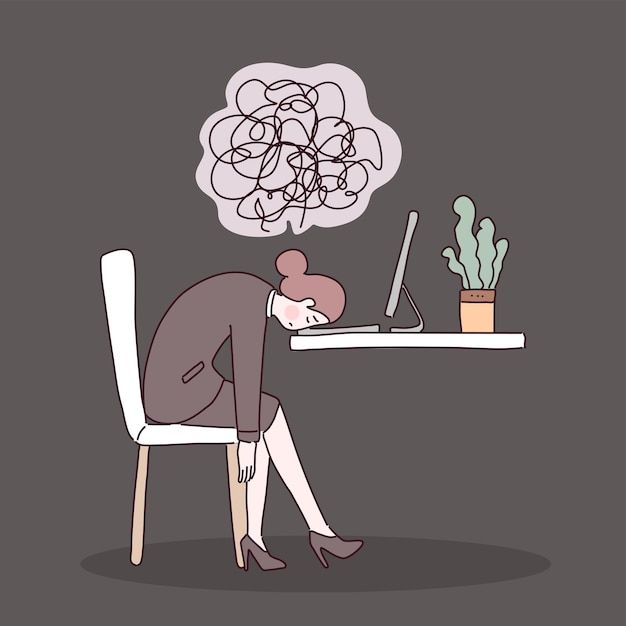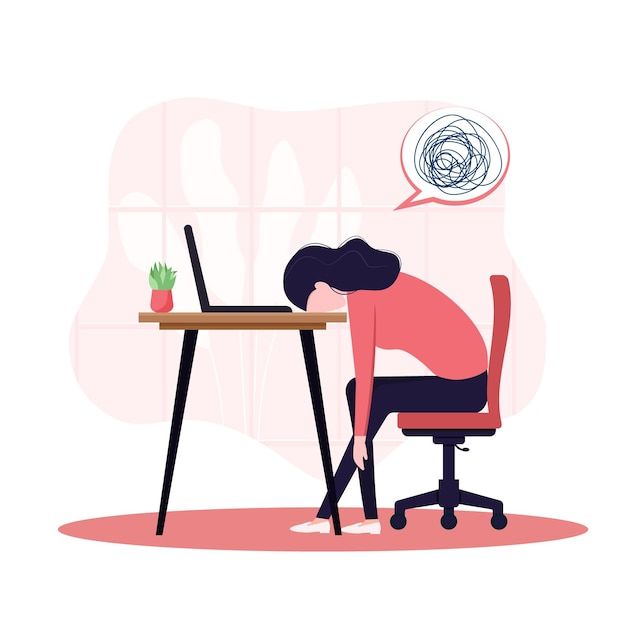From Burnout to Balance: A Simple, In-Depth Approach to Recovery
Burnout is a widespread condition marked by emotional, physical, and mental exhaustion due to prolonged stress and overwhelming demands. Understanding why burnout happens and how to address it can help many regain balance and well-being.
Why Burnout Happens: Detailed Causes
1. Excessive Work Pressure and Responsibilities
One of the main reasons for burnout is having too much work or responsibility without enough time or resources to manage it. This overload leads to chronic emotional stress and fatigue, making it hard to keep up with tasks effectively. For example, long working hours, tight deadlines, and unclear job roles increase pressure and contribute to burnout.
2. Poor Work Environment and Negative Interactions
A stressful workplace with poor communication, lack of support, or unfair treatment can cause feelings of alienation and emotional exhaustion. Negative relationships with colleagues or supervisors often lead to detachment and cynicism, which are key symptoms of burnout.
3. Lack of Control and Recognition
Feeling powerless over your work or life situation and not receiving recognition for your efforts can deepen burnout. When people feel their hard work goes unnoticed or unrewarded, motivation drops, and self-esteem suffers.
4. Insufficient Rest and Poor Work-Life Balance
Working too long without adequate rest or social connection leads to physical and mental exhaustion. Sleep deprivation, lack of downtime, and neglecting personal needs worsen burnout symptoms.
5. Personality Traits and Thought Patterns
Certain traits like perfectionism, pessimism, and a strong need for control can increase vulnerability to burnout. These traits often cause people to overwork, avoid asking for help, and experience higher stress levels.
How to Overcome Burnout: Practical Solutions
1. Set Clear Boundaries
Learn to say no and limit your workload to what you can realistically manage. Protecting your time helps prevent overwhelm and preserves your energy. Setting boundaries also means separating work from personal life to maintain balance.
2. Prioritize Rest and Sleep
Make sleep a non-negotiable part of your routine. Good sleep hygiene—like reducing screen time before bed and keeping regular sleep hours—helps your body and mind recover from stress. Rest is essential to restore energy and improve focus.
3. Foster Supportive Relationships
Build connections with friends, family, or colleagues who provide emotional support. Sharing your feelings and seeking help reduces isolation and offers perspective. Professional counseling or coaching can also be valuable resources such BetterHelp or TalktoAngel.
4. Recognize and Celebrate Your Efforts
Acknowledge your accomplishments, no matter how small. Keeping a journal of successes or positive feedback can boost your self-esteem and motivation, counteracting feelings of inadequacy.
5. Engage in Enjoyable Activities
Make time for hobbies, exercise, or relaxation techniques like meditation. These activities replenish your mental and emotional reserves and help you reconnect with what brings you joy.
6. Improve Work Environment and Communication
If possible, address workplace issues by seeking clearer roles, better communication, and fair treatment. Advocating for yourself or involving management can reduce stressors contributing to burnout.
Final thoughts
Burnout is more than just feeling tired; it is a serious condition that affects overall health and productivity. By understanding its causes and applying practical strategies, individuals can regain control, restore energy, and improve their quality of life. If symptoms persist, seeking professional help is strongly advised.







